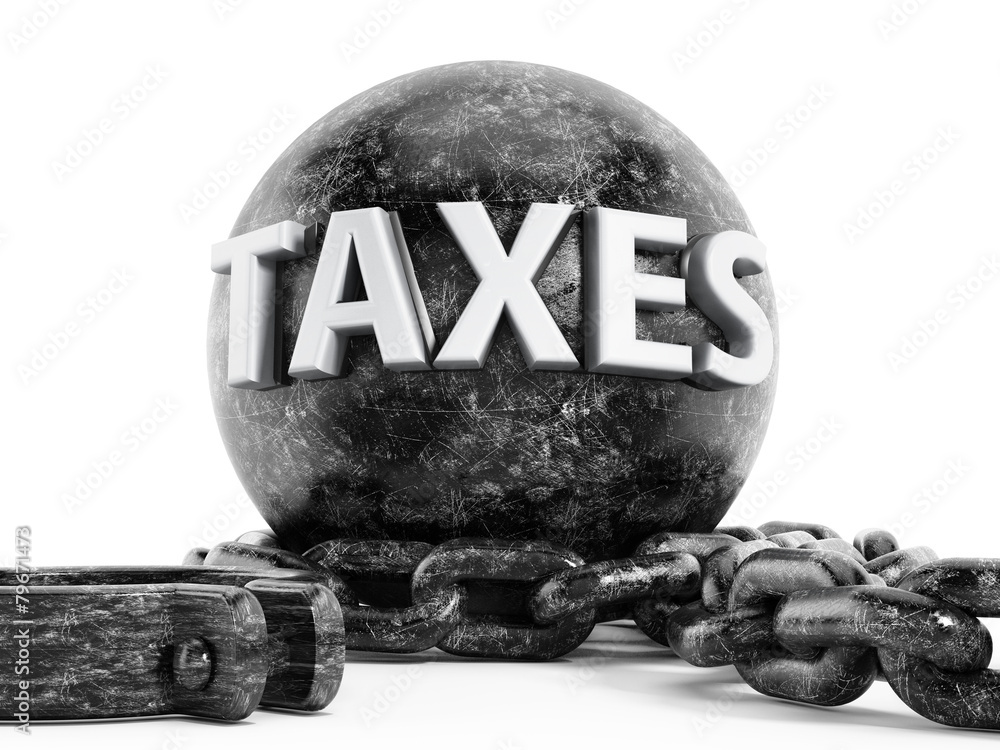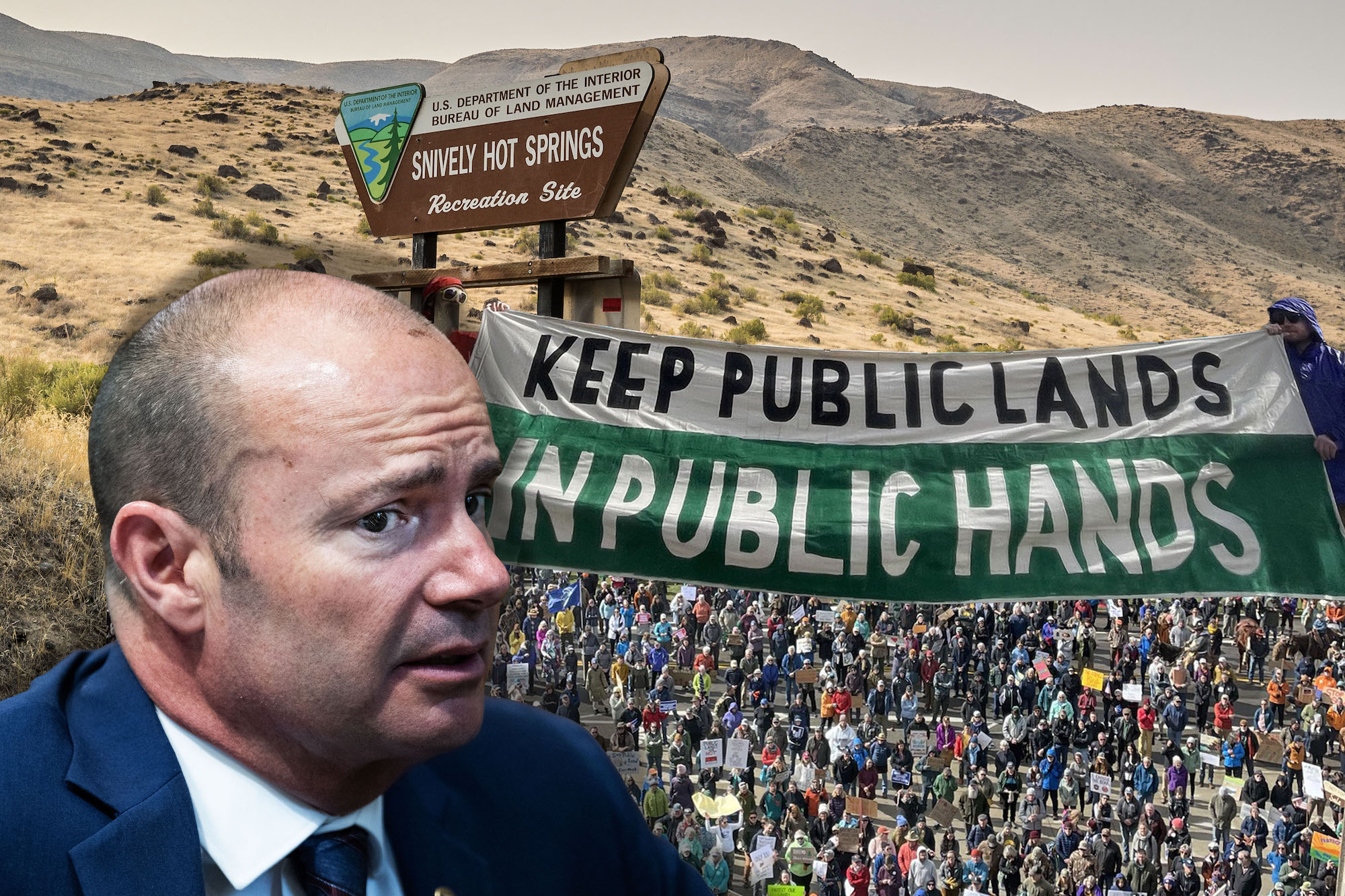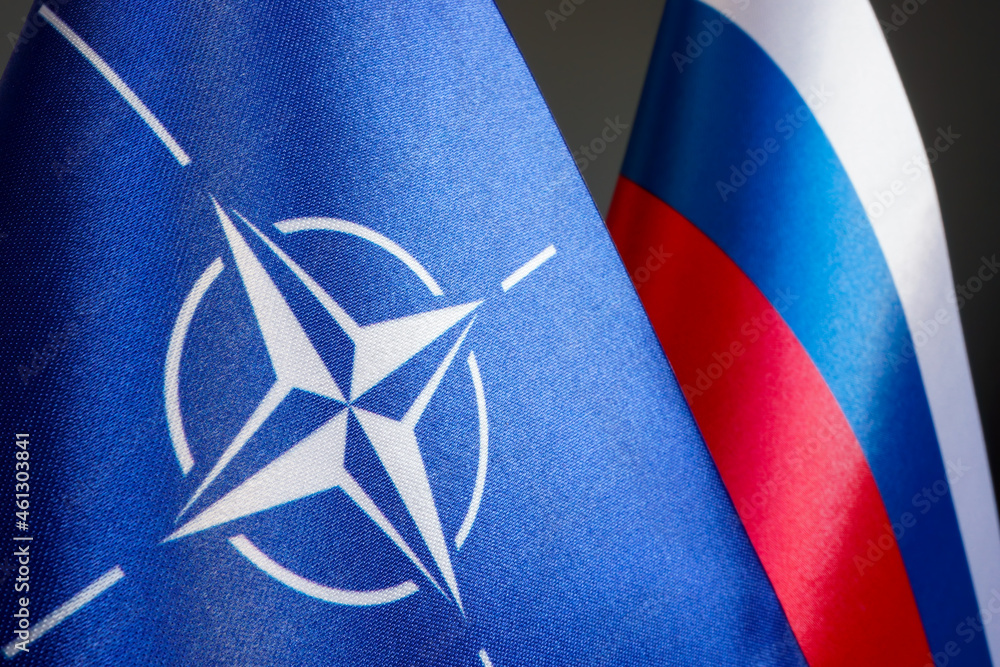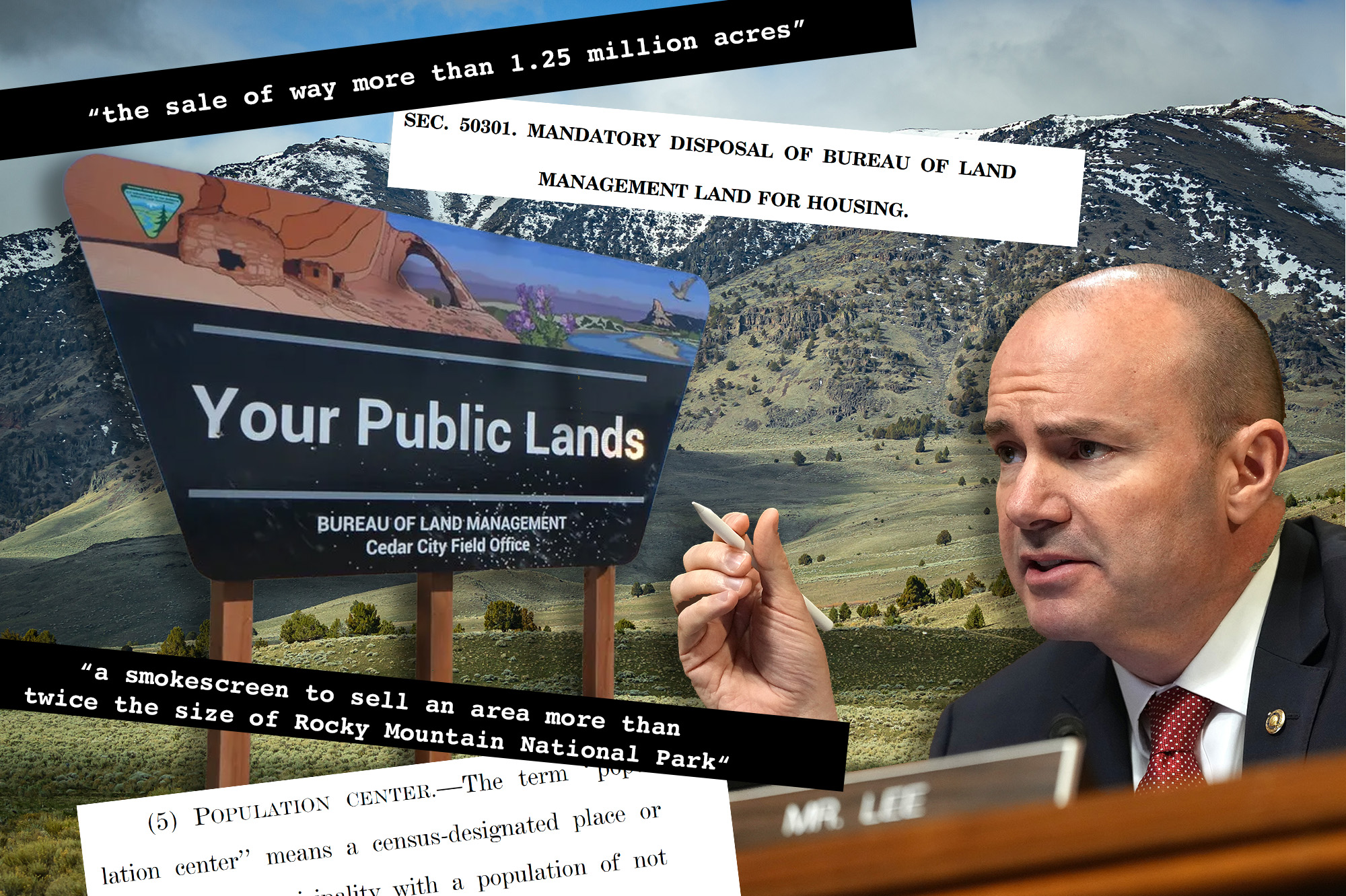Don’t Be A Panican, But Question Government Shenanigans
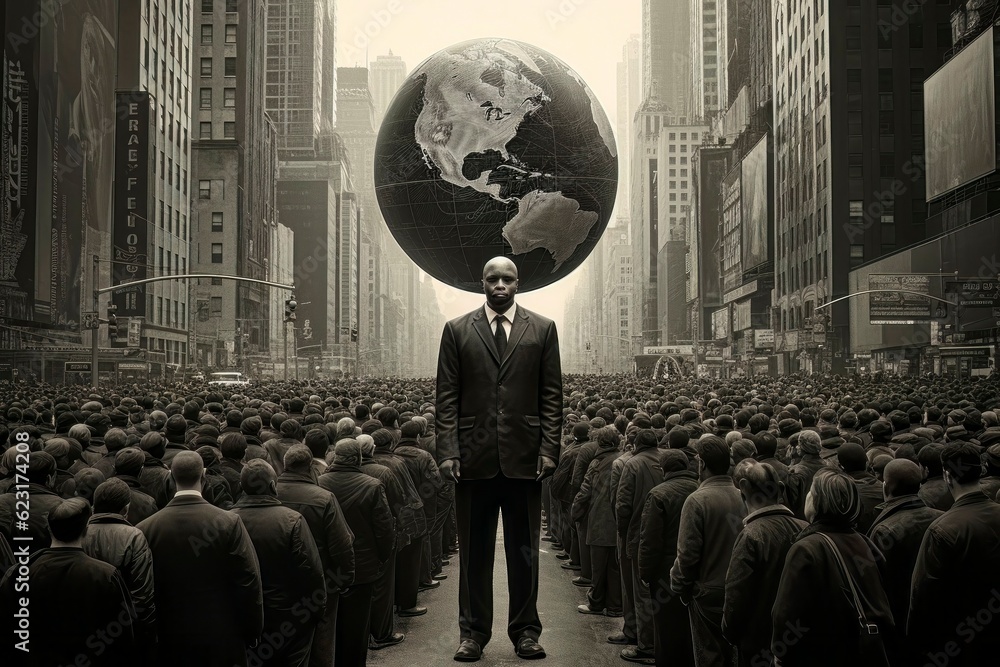
“Don’t Be A Panican” is a memeable mantra adapted from a Truth Social post released by the President during the market turmoil triggered by the threat of a broad-sweeping tariff policy. While the panican meme is comical and jovial, its sentiment carries a more insidious undertone.
Voting conservatives have given lip service to the classical liberal tenet that a smaller government is the most effective way to run a country—though we will not delve into how this desire fails to manifest in Washington, D.C. Traditionally, conservatives are supposed to question government, support free markets, condemn government overreach, and uphold constitutionalism.
On April 2, 2025—“Liberation Day”—Trump announced a litany of tariffs. However, they were not genuine tariffs but pseudo-tariffs. The calculations relied on the ratio of trade deficits to US imports, producing a falsely inflated tariff percentage. In response, Trump introduced retaliatory tariffs based on this misleading figure. Critics argued that the tactic was inherently dishonest. Yet, when confronted with this faulty approach, many of President Trump’s most ardent followers retorted, “trust the process” or “it’s going to hurt in the short term,” believing that the ends justify the means.
Tariffs sent the markets into a frenzy. Both Trump and representatives from his administration conveyed conflicting messages about the tariffs’ ultimate purpose. Meanwhile, obsequious conservative think tanks scrambled to justify the policy, often issuing paradoxical interpretations of tariffs as a strategy.
A Euthyphro’s dilemma of sorts emerged. Were tariffs sound policy—capable of paying debt, replacing taxes, and bolstering American exceptionalism—or were they valuable solely because they could be leveraged to bargain for free trade with other nations? Rather than reconciling this dilemma or acknowledging the inherent contradictions, followers and messengers embraced all premises, frequently conflating disparate ideas. The goal was clear: to cast Trump’s decision in a positive light. Even more disheartening was the fact that many of these trusted intellectuals compromised their foundational values, such as the commitment to free trade, in an effort to justify an enigmatic presidential move.
Put bluntly, “Don’t Be A Panican” was less about avoiding panic and more a euphemism for “trust Donald Trump.” This message—emerging from traditionally skeptical conservatives—is particularly troubling given the garbled communications from the Trump administration. There were ample reasons to be skeptical, regardless of the ultimate outcome or one’s political leanings. Unfortunately, this blind trust had already taken root before April 2, and it is not a phenomenon confined solely to the Right.
Don’t Be A Panican: Bias Media and Public Health Figures
Five years ago, a novel virus swept the globe. COVID was a highly contagious threat, particularly dangerous to high-risk individuals, and it cost over one million American lives. Public health figures urged citizens to confine themselves at home, no visiting family or friends, mask up, and even avoid hiking outdoors. Media outlets broadcast death counters alongside the latest news, and images of people isolated at home—waving from behind windows or hugging through plastic barriers—became ubiquitous. Commercials urging citizens to mask up and do their part to stop the contagion inundated every broadcast, fostering an environment of pervasive fear.
A vaccine was developed in record time and though—sometimes a controversial point—data showed the vaccine safe; its efficacy in containing the spread of the contagion was questionable. Regardless, many companies and institutions pushed mask and vaccine mandates on the public at the discretion of government entities like the Center for Disease Control (CDC).
These mandates were poorly managed and infringed on many American freedoms. Questioners or dissenters were frequently excluded from public discourse, their concerns dismissed without proper debate; in some instances, individuals even faced career-ending repercussions. Worries about vaccine side effects were labeled as “conspiracy theories.” When side effects became public knowledge, there was neither an apology nor an admission of error. The COVID policy and response were a complete disaster.
The panican narrative was quite different in this situation. It was the panicans urging the public to blindly trust authorities and the “science,” while non-panicans exercised caution and rejected that narrative. Non-panicans fervently detested and rejected the technocratic establishment.
Fast forward to 2025, and new faces have supplanted the technocrats in institutions of public health, such as the Department of Health and Human Services (HHS). Many non-panicans—once adamantly opposed to bureaucrats lecturing us on health decisions—now welcome these new figures as leaders in public health. Some even call for them to use bureaucratic power to remove additives or unwanted ingredients from foods and baby formula. Such calls are often embellished with justifications like, “They are poisoning us!”—a claim that sounds awfully like an appeal to panic.
In this scenario, there are several reasons to reject—or at least protest—the advocacy for government intervention as a panacea that should be obvious to government minimalists—and non-panicans. First, the idea that government regulations will hold corporations accountable is debatable, as evidence suggests that such measures can instead embolden corporate entities. Second, emboldening the market, by decreasing regulations and bureaucratic controls, to apply pressures on corporations is the orthodox conservative approach. What happened?
Conversely, the panicans have reacted in an entirely opposite manner. Now, it is the panicans telling us to no longer trust the experts—blaming them for measles outbreaks and for wasting taxpayer money on frivolous experiments like investigating a cause for autism. This stance seems excessive and misleading, especially since anti-vaccine sentiments had been on the rise before figures like Robert F. Kennedy Jr. came to prominence. Ironically, this anti-vaccine trajectory appears largely as a reaction to the panican response during covid. It is bewildering that the covid panicans failed to assume any responsibility for this trend, choosing instead to project blame onto figures like RFK Jr. and Dr. Bhattacharya for the growing movement against established scientific thought.
The polarization surrounding nearly every policy decision leaves one questioning the appropriate course of action.
To Be or Not to Be a Panican
It seems the American public is constantly instructed on when to be—and not to be—a “panican” by the powers that be. While only two scenarios have been outlined above, recent years have presented a plethora of examples: Russian collusion, Biden’s mental health decline, “if you like your doctor you can keep your doctor,” etc. The list is extensive.
It is good advice not to be a panican. Panic induces strong emotions of fear and uncertainty, rendering individuals more susceptible to short-sighted solutions that promise comfort or security. Typically, these solutions manifest as government interventionism—leading to rigid legislation and eventual bureaucratic expansion. In the words of V from V for Vendetta, “Fear got the best of you and in your panic you turned to the now high chancellor [the government]…. Fear became the ultimate tool of this government.”
However, a more troubling message accompanies the panican mantra. Whether one is labeled a panican or not often depends on partisan politics rather than objective analysis. Although panicans are generally associated with the Left and non-panicans with the Right, this alignment is not absolute. Both camps tend to place their trust in government solutions solely based on who is in power—a stance that builds a house on a foundation of sand. At its core, this philosophy assumes that the government will, or is, acting in the best interests of the people.
Demagoguery has become commonplace in political discourse and in approach to policy. This trend sets a dangerous precedent by encouraging the abandonment of the very ideals on which our nation was founded. The Founders believed strongly in rights endowed by an extrinsic, all-powerful Creator, not government. This belief is potent precisely because it shifts power away from a flawed human institution and places it in individual rights, which transcend human authority. Thomas Jefferson famously averred, “The spirit of resistance to government is so valuable on certain occasions that I wish it to be always kept alive. It will often be exercised when wrong, but better so than not to be exercised at all.”
On the other hand, President Trump has taken significant steps to reduce government power in some areas through initiatives such as DOGE, executive orders implementing sunsetting legislation, and crackdowns on illegal immigration—actions that support a smaller government framework. These decisions should be lauded, as they position Trump as a champion of reducing government overreach. Trump excels when held accountable and listens to his base—a notable strength—it is all the more important that conservatives uphold their values rather than succumb to populist rhetoric and defenses.
We must remember that America’s values do not originate from those in power but from a set of ideals that exceed human authority. When the administration pursues actions that contradict these values, it is our duty to question and hold them accountable. Excusing or attempting to justify poor policy sets a dangerous precedent. With that being said, don’t be a panican.
Read the full article here




